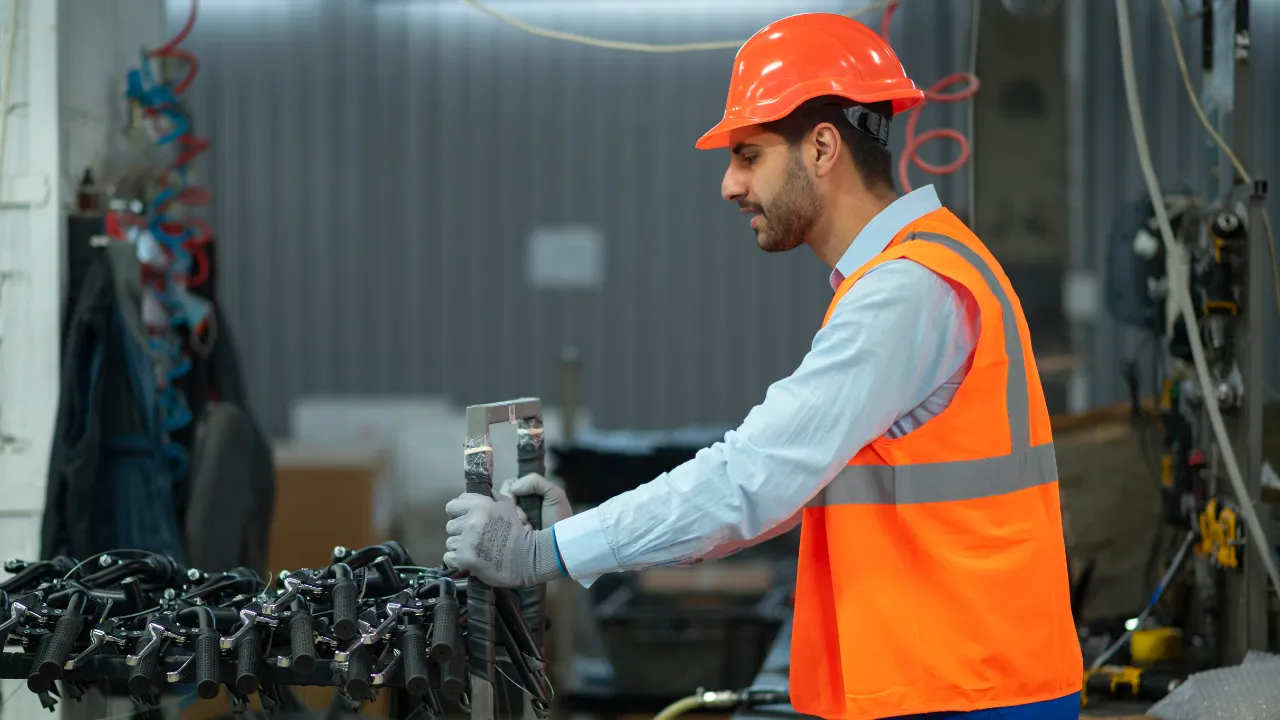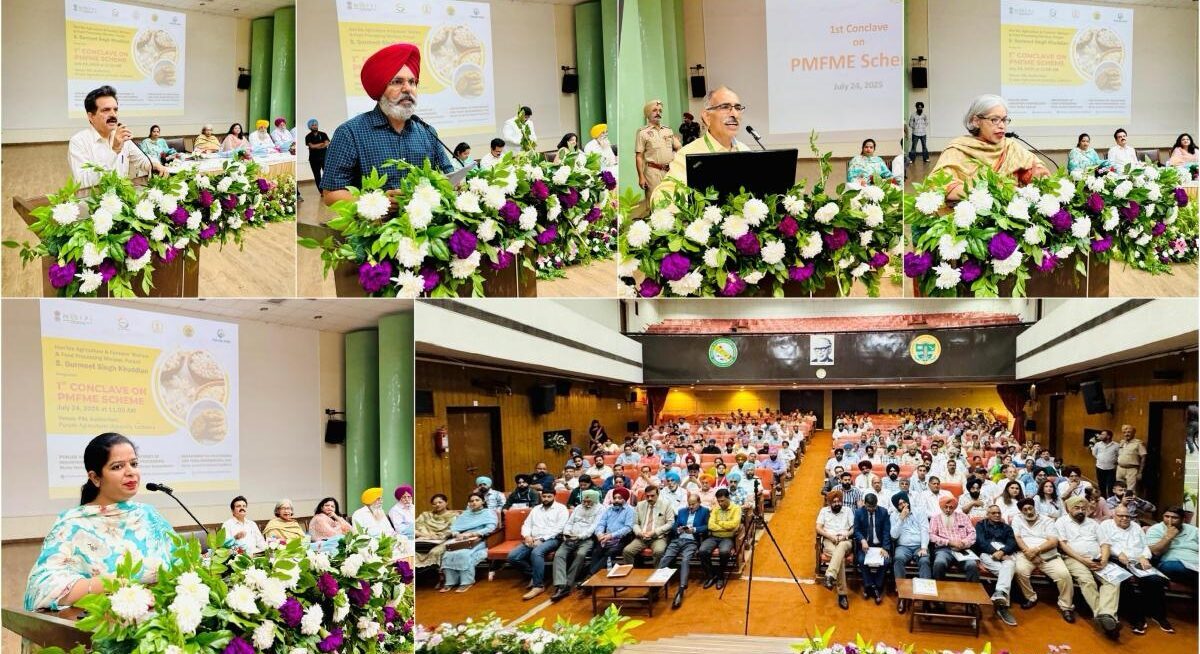Air India is in advanced talks with Boeing and Airbus to acquire an additional 30 to 40 wide-body aircraft as the Tata-owned airline pushes forward with its ambitious fleet modernisation and global expansion plans. The potential deal, which may even scale beyond 50 aircraft, could be finalised by June 2025, possibly during the Paris Air Show.
The decision reflects HUL’s larger mission of sustainability, specifically in how it can enhance the circular economy in the field of plastic packaging. Through investment in Lucro, HUL seeks to augment its supply of recycled flexible plastics, a very important material for packaging, as well as infrastructures that will be able to scale up their use.
This new round of procurement comes on the heels of a historic mega deal in 2023, when Air India placed a record-breaking order for 470 aircraft – the largest in aviation history – with an estimated value of $70 billion (approximately ₹6 lakh crore). That order included 250 aircraft from Airbus and 220 from Boeing.
From Airbus, the airline acquired 40 A350 wide-body jets and 210 single-aisle A320neo aircraft, while the Boeing side included 190 B737 MAX, 20 B787 Dreamliners, and 10 B777X aircraft. The ongoing talks are likely to expand on that template, with a new emphasis on wide-body jets to underpin Air India’s global operations.
The airline, which has been in service for over 90 years and operates flights to 79 global destinations, currently maintains a mixed fleet of 128 narrow- and wide-body aircraft. After it was privatized in January 2022 and taken over by the Tata Group from the government of India in a deal for ₹18,000 crore, Air India began a major transition process to better its service delivery, network connectivity, and efficiency of operations.
With over 12,000 staff globally and 59 non-stop international services, the airline’s recent expansion plan is part of a wider effort to reposition itself as a preferred full-service international carrier, particularly in competition with Middle Eastern and Southeast Asian carriers.
Reports indicate that talks with both producers are ongoing and a framework agreement is set to be announced during mid-year. The expected agreement would give more impetus to the airline’s modernization program, which promises to offer an enhanced flying experience with next-generation aircraft with better fuel efficiency and lower emissions.
The development comes at a time when the global aviation industry is witnessing a resurgence in international travel demand post-pandemic, and carriers worldwide are racing to renew fleets with environmentally sustainable and technologically advanced aircraft.
The outcome of the deal, once finalized, will not only reaffirm Tata Group’s long-term commitment to Air India but also signal India’s growing strategic importance in global aviation.
























